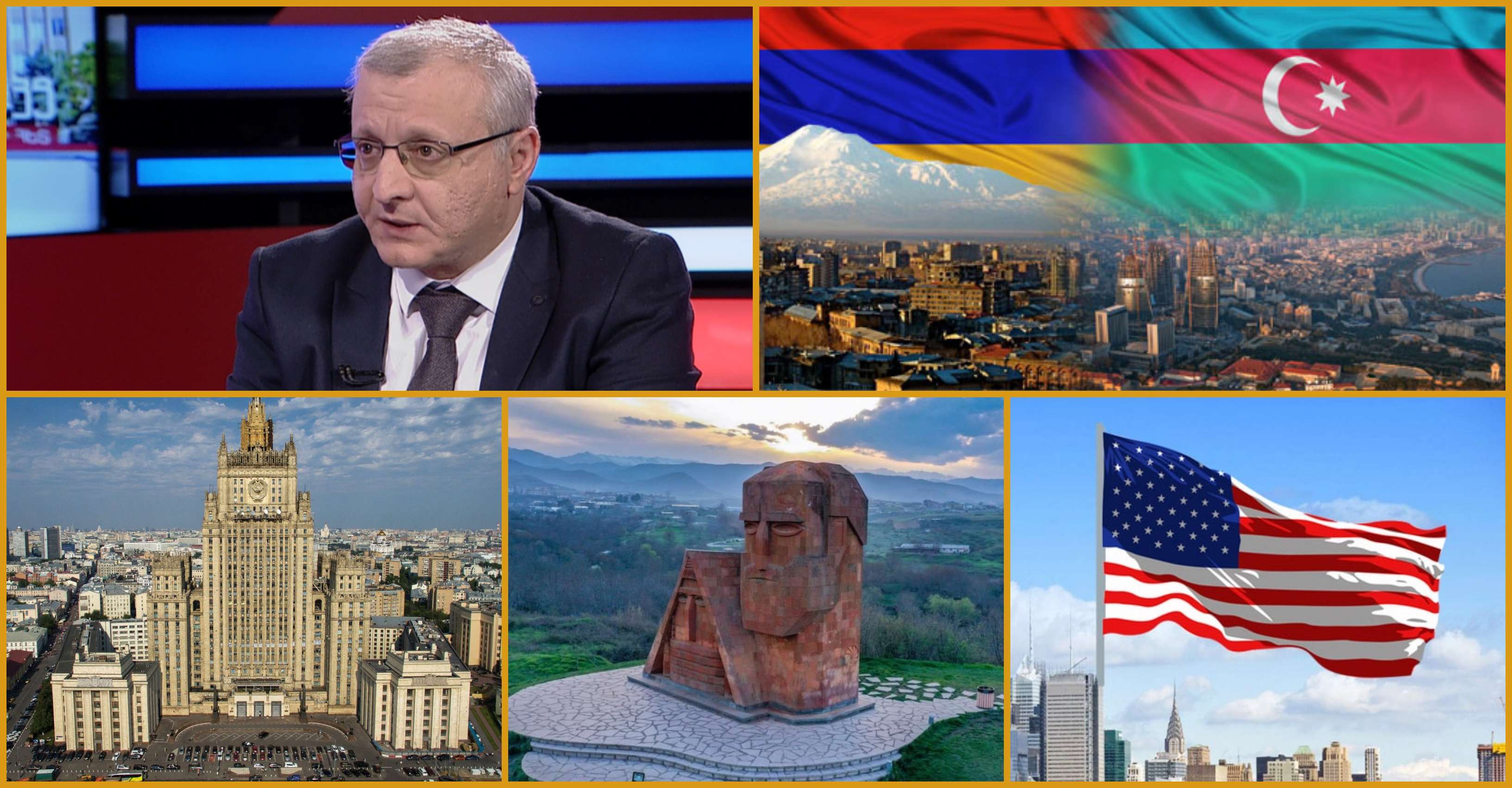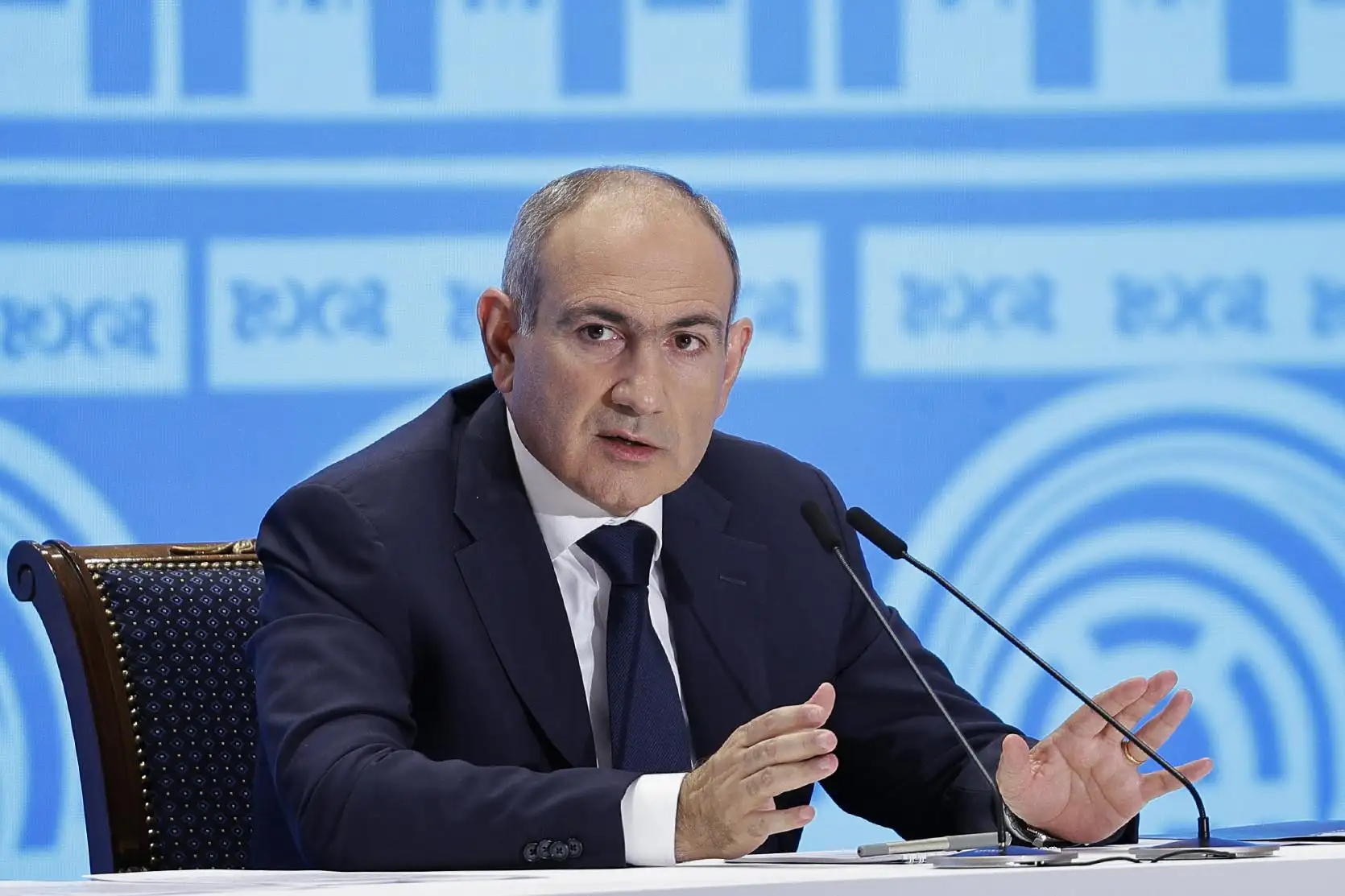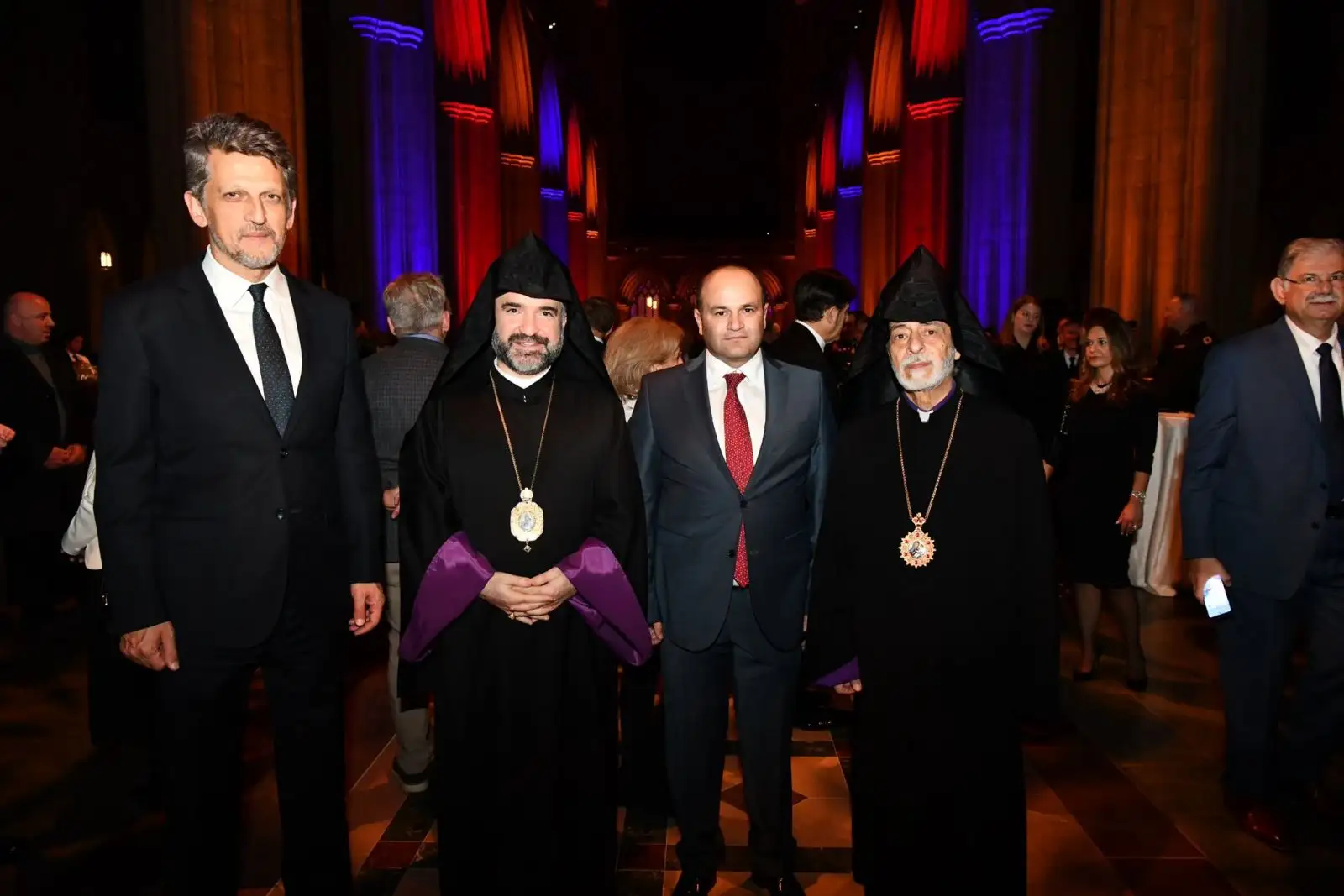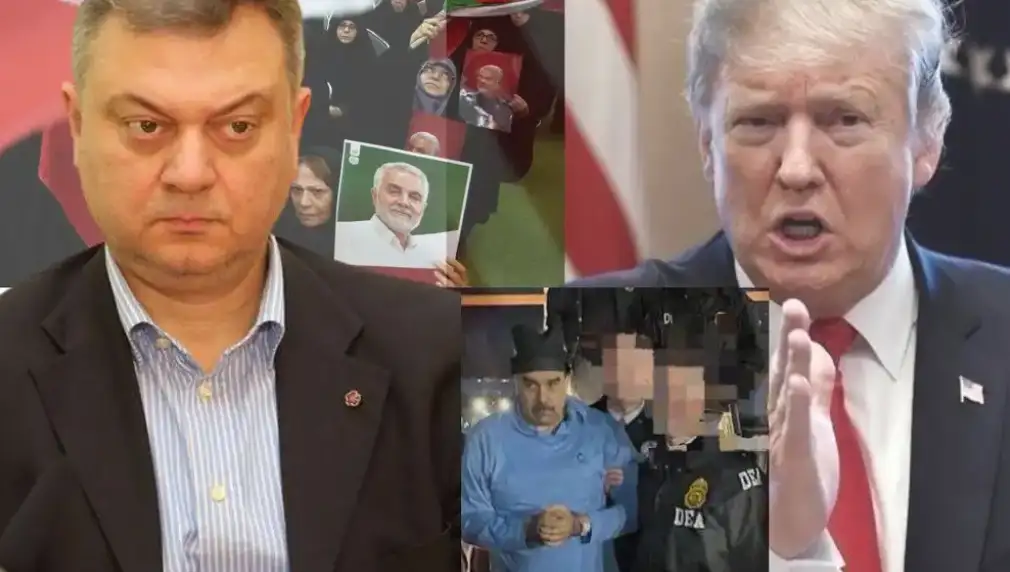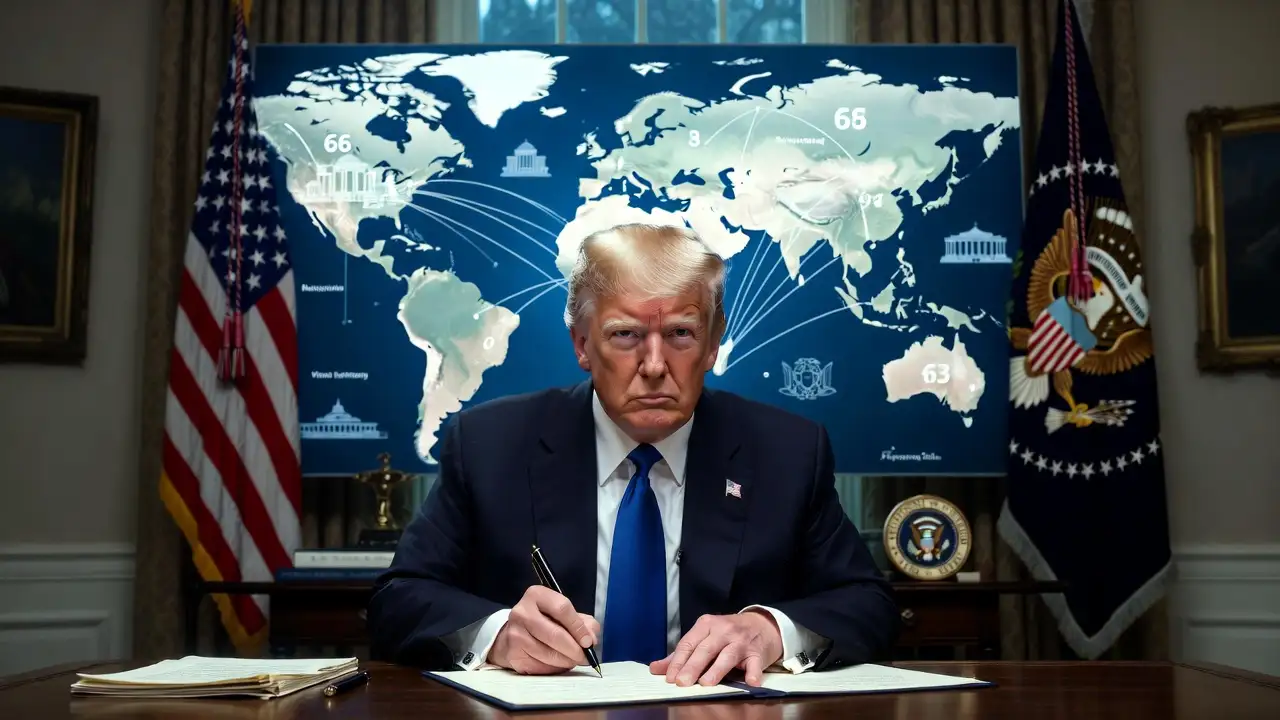Regarding the regional processes, Radar Armenia spoke with political scientists and the chairman of the "temokratakan Aylentrank" party, Suren Surenyants.
- Within the Eastern Economic Forum framework, Russian President Vladimir Putin had a private conversation with RA Prime Minister Nikol Pashinyan. How would you interpret the assessments made there?
- It is obvious that the issue of Nagorno Karabakh was discussed. And Putin did not hide it either. But it is tough to say what content was concerned. Judging by the fact that Mirzoyan and Lavrov discussed the parameters of the peace treaty a few days ago, I assume that the discussion continued one level higher, at the level of the heads of state. Is the Nagorno-Karabakh issue separate from other components of Armenian-Azerbaijani relations or not? We cannot answer that question yet, because the official information is very terse.
- Nikol Pashinyan announced that Armenia hopes to normalize relations with Turkey and Azerbaijan with Russia's support. Are the Brussels meetings complementary to this process or vice versa?
- I have had to say several times that I do not give too much seriousness to the Brussels format because the EU, unfortunately, does not have the tools to be actively involved in the South Caucasus. I am confident that Moscow is the main moderator of Armenian-Azerbaijani and Armenian-Turkish relations. And it is no coincidence that yesterday Pashinyan expected Putin's support in this matter.
- US co-chair of the OSCE Minsk Group, Philip Ricker, is in Yerevan. To what extent will this visit contribute to the efforts of Armenia and Azerbaijan to achieve lasting peace and the normalization of Armenian-Turkish relations?
- It depends on whether the players will act competitively or coordinate their efforts. Suppose the United States and Russia compete and create a competitive environment in the context of global antagonism. In that case, it will only make new risks and hardly give momentum or speed to the process. The results will be visible if they combine and complement each other, even informally.
Hayk Magoyan




